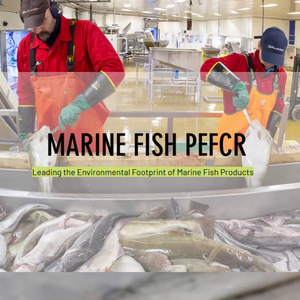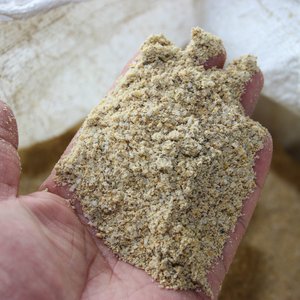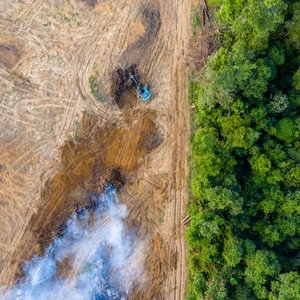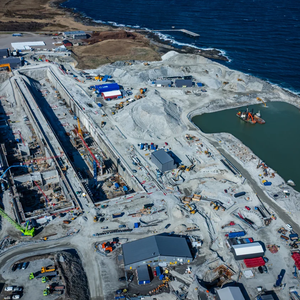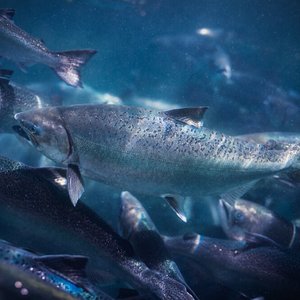Advertisement
Reports
Impact of the adoption of BMPs on social welfare: A case study of commercial floating feeds for pond culture of tilapia in Ghana. Yaw B. Ansah and Emmanuel A. Frimpong. Cogent Food & Agriculture (2015), 1: 1048579.
Best management practices (BMPs) are the most cost-effective means of mitigating negative impacts of pond aquaculture on the environment. The impacts of BMPs and other innovations on fish farm profits have been studied widely. This study estimates impacts of BMP adoption on social welfare. Researchers employed the economic surplus model to determine net present value (NPV) of adopting the more expensive but less polluting commercial floating fish feed in pond culture of Nile tilapia (Oreochromis niloticus) in Ghana. They also conducted a sensitivity analysis to determine which variables had the greatest influence on mean NPV. The results indicate an NPV of US$ 11 million from the adoption of commercial floating feed in pond farming alone in Ghana. The variables with the biggest impacts on NPV were level of change in tilapia yield, and level of change in production costs, with the adoption of the new feed type. They conclude that adoption of yield-enhancing BMPs and innovations in Ghana will result in significant social welfare benefits. A significant recommendation of the report is for credit programs and other financial packages to be set up by governments and NGOs to help farmers meet the increased cost of fish feed and to accelerate diffusion of commercial fish feed in pond farming.
JOB BOARD
-
Regional Business Development Director – APAC & ChinaMay 26, 2025
-
Food Safety & Quality Assurance Manager - USMay 21, 2025
-
Postdoctoral position – BrazilApril 23, 2025



